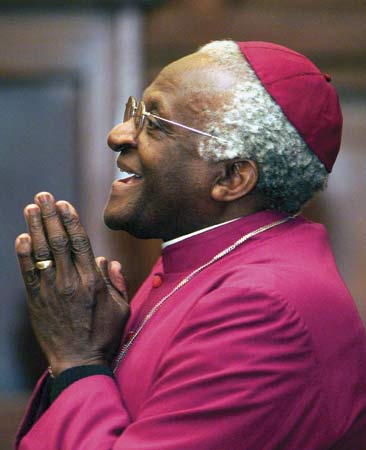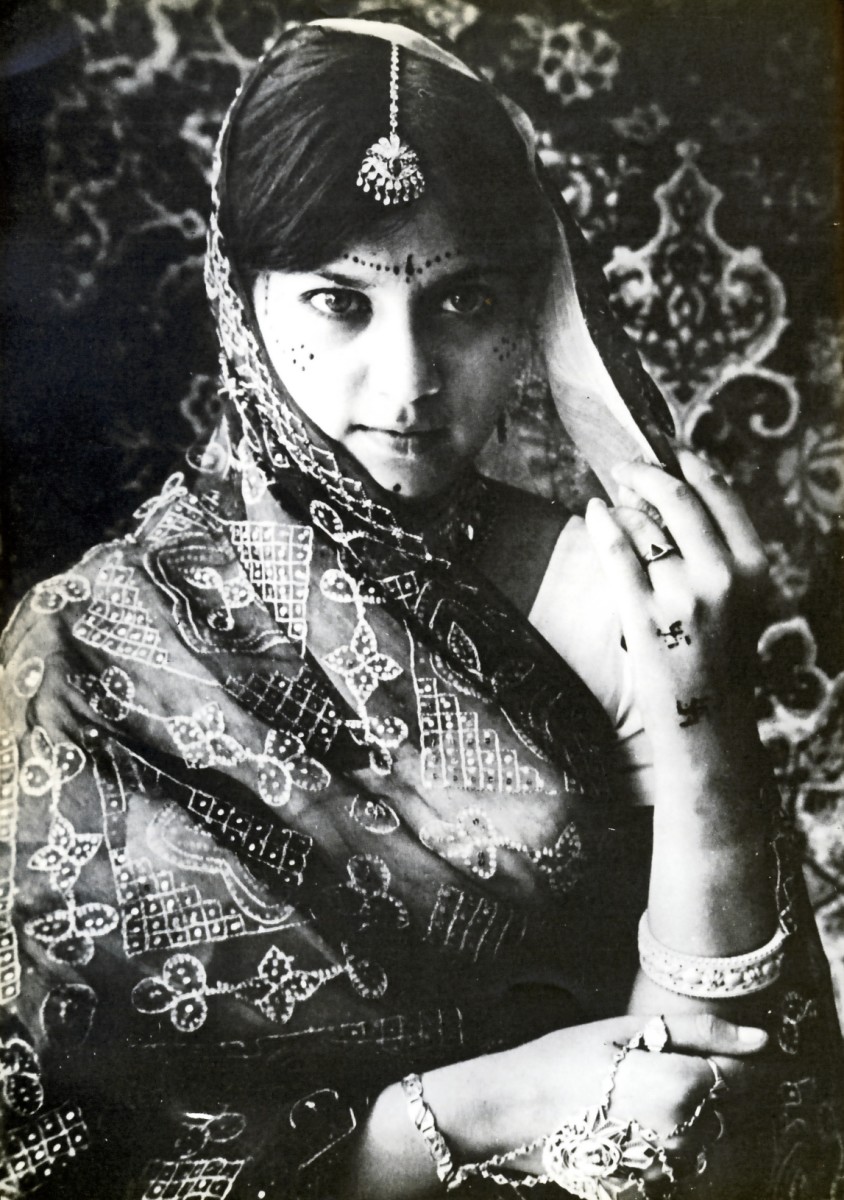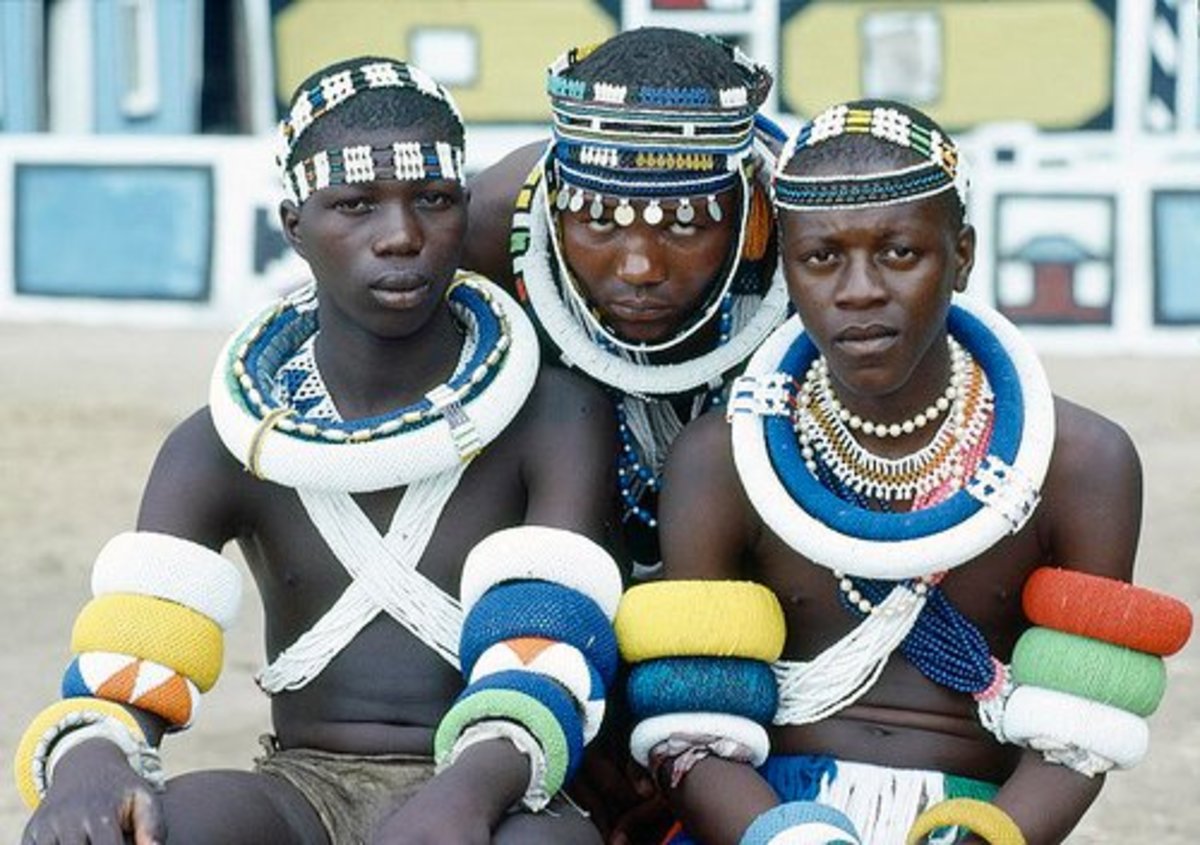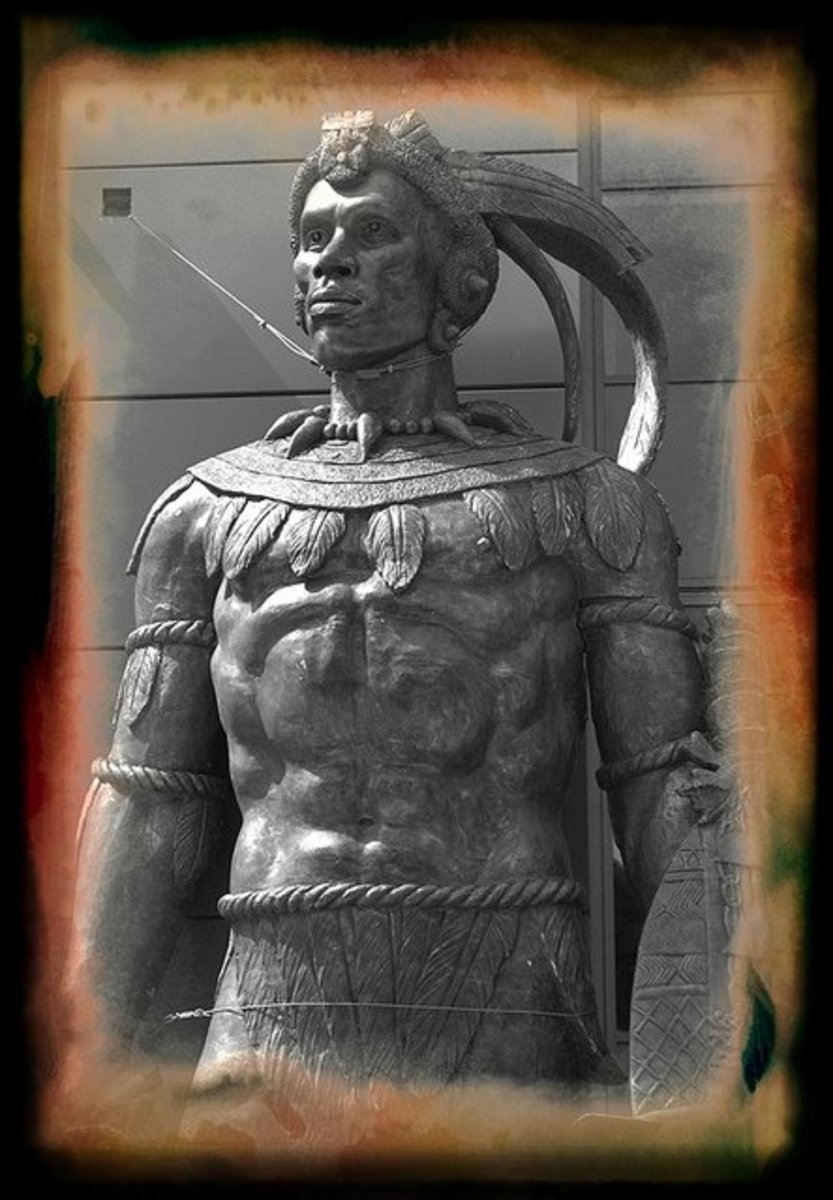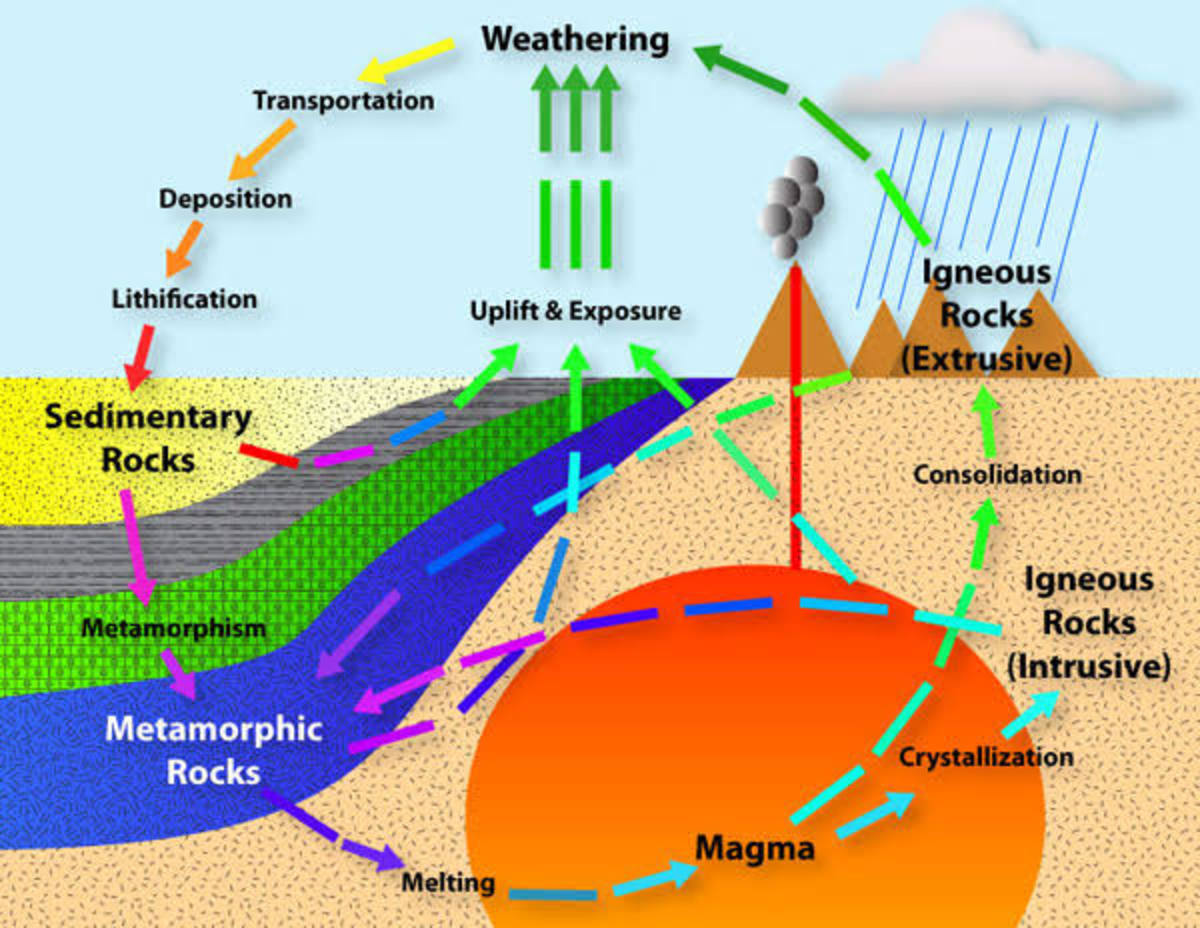Desmond Tutu
Biography
Desmond Tutu was born on October 7, 1931 in the South African city of Klerksdorp. Originally, he aspired to be a physician, but his family was unable to send him to medical school. Instead of becoming a doctor, Desmond decided to follow in his father’s footsteps and become a teacher. He graduated from the University of South Africa in 1954. During this time the government of South Africa did not extend right to black South Africans. The National Party, the reigning political party, initiated apartheid which is a complete separation of races. Each citizen in South Africa was assigned a racial group and told where to live. The whites received the best treatment with the nicest facilities, jobs, and schools. The black South Africans could not use the same facilities as the whites, they had worse jobs, and they were unable to vote. Interracial marriages were banned, and a passport was required to travel within the country.
Desmond was angered the most when the government deliberately made the black education system inferior to the whites. When he refused to cooperate, Desmond was banned from teaching, but he was determined to improve the lives of his fellow people. After speaking with his bishop, Desmond decided to study for Anglican priesthood. In 1960 Tutu was ordained a priest in the Anglican Church, during this time millions of Africans were deported to “homelands” because the government designated their homes as “white” land. Desmond Tutu moved to England and earned his masters degree in theology from 1962 to 1966. Tutu then returned to South Africa where he taught theology for the next five years. After teaching he returned to England and became the assistant director of the World Council of Churches in London. In 1975, Desmond Tutu became the first black African to operate as Dean of Saint Mary’s Cathedral in Johannesburg.
Tutu served as bishop of Lesotho from 1976 to 1978, when he became the first black General Secretary of the South African Council of Churches. His new power allowed him to nationally denounce apartheid by saying that it is “evil and unchristian.” Desmond Tutu demanded equal rights for all races of South Africans, and for a common education system. He insisted that the government abolish subjective passport laws and stop the forced relocations of the black and Asian citizens. Tutu promoted a nonviolent resistance to the National Party and to apartheid ideals, and he called for an economic boycott of the country. Almost immediately, the South African government revoked Tutu’s passport in an effort to restrict his movements which stopped him from speaking abroad. Luckily for Desmond the world had started taking notice in his work, and after an international outcry Tutu’s passport was restored. In 1984, Desmond Tutu was awarded the Nobel Peace Prize not only to show that the world approves of his ideas, but to also give the people of South Africa hope that they will soon be given equal rights.
Two years after winning the Noble Peace Prize, Desmond Tutu was the first black African elected Archbishop of Cape Town. This is position placed him as head of the Anglican Church in South Africa. The South African was forced to reform because of international economic pressure. In 1990, after 27 years in prison, Nelson Mandela was released from prison. Nelson Mandela shard similar views as Desmond Tutu, but he was placed in prison for speaking out against the government. The year after Mandela was released the government started to revoke the racially discriminating laws. In 1994 Mandela was elected president in the first multi-racial election. Archbishop Tutu was appointed the chair of the Truth and Reconciliation Commission to investigate the human rights violations of the previous 34 years. As usual, Archbishop Tutu advocated with forgiveness and peace rather than violence and revenge for the past injustices. Desmond Tutu retired as Archbishop of Cape Town in 1996 and was named Archbishop of Emeritus. Today, Tutu works at Emory University in Atlanta, Georgia as Professor of Theology. Tutu’s life story and accomplishments are an inspiration to oppressed people in the world today.
